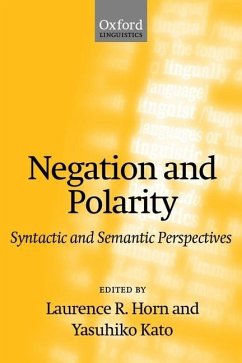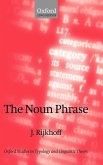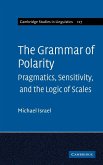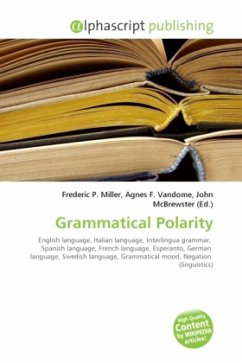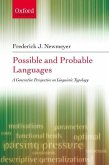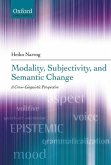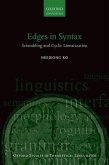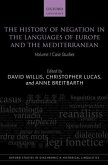Negation is a central feature of language and cognition, interacting with all areas of grammar as well as with the philosophy of language. Whereas there is a cross-linguistic uniformity in logical and semantic aspects of negation, there is a diversity of syntactic and morphological forms and rules. This asymmetry in function and form poses problems for syntactic and universal grammar theory and for the study of the interface between syntax and discourse. It is particularly evident in negative polarityDSwords and phrases which can appear only in negative sentences. The exploration of negation and negative polarity phenomena and their implications for linguistic theory are the main themes of this book.
This book provides a detailed exploration of negation and negative polarity phenomena and their implications for linguistic theory. Including new, specially commissioned work from some of the leading European, American, and Japanese scholars, Negation and Polarity covers all of the main approaches to this subject--syntactic, pragmatic, semantic, and cognitive--in a variety of language contexts.
Hinweis: Dieser Artikel kann nur an eine deutsche Lieferadresse ausgeliefert werden.
This book provides a detailed exploration of negation and negative polarity phenomena and their implications for linguistic theory. Including new, specially commissioned work from some of the leading European, American, and Japanese scholars, Negation and Polarity covers all of the main approaches to this subject--syntactic, pragmatic, semantic, and cognitive--in a variety of language contexts.
Hinweis: Dieser Artikel kann nur an eine deutsche Lieferadresse ausgeliefert werden.

